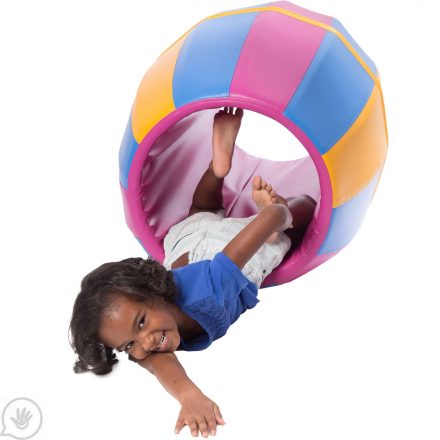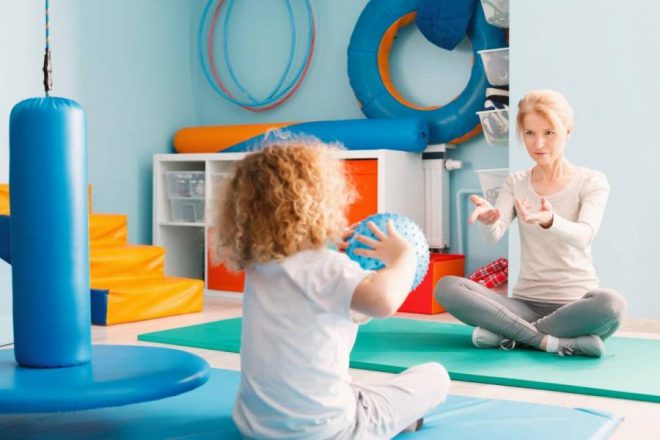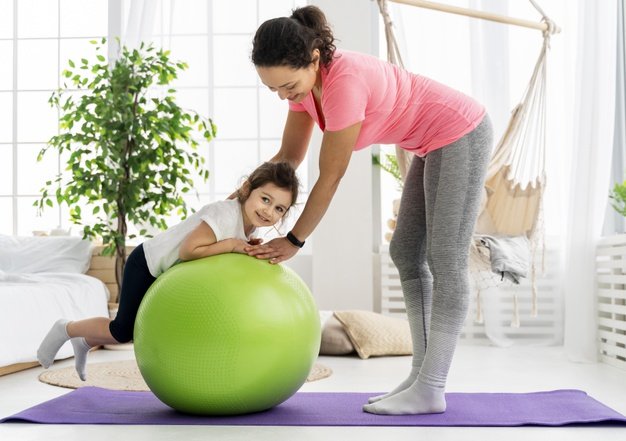Our senses—vision, hearing, touch, taste, and smell—allow us to investigate the world around us. Sensory development is related to these senses.

We all need social skills to connect and communicate with people on a daily basis. They comprise both verbal and non-verbal cues such gestures, body language, facial expressions, and speech.
The development of social skills among children may be lacking if you observe the following during their play time:
- Trouble sharing or taking turns
- Does not understand consequences of their actions
- Is unaware of others and is unable to discern others’ emotions from their verbal and nonverbal signs
- Has a hard time making and keeping friends.
- Has issues controlling or expressing emotions
- Prefers to play alone
Children explore and attempt to make sense of their surroundings by using their senses. They accomplish this through touch, taste, smell, sight, movement, and hearing. Language development, cognitive growth, fine and gross motor skill development, problem solving abilities, and social interaction are all aided by sensory play.
Through sensory play, the children may develop the following in relation to their social skills:
- Language development when they interact with others.
- Ability to express themselves and how they feel.
- Feeling of comfort and less social anxiety.
- Better communication.
- Ability to foster and maintain friendships.
How can you utilize sensory play to develop social skills?
- Be Deliberate and Intentional.
It is crucial for children and guardians to be deliberate and intentional in developing their youngsters’ social skills through sensory play. There must be enough toys for sensory play available. Allow the youngster to experiment with various tastes, fragrances, textures, and other sensations.
- Building Communication Skills.
Adults must allow children to communicate about their experiences in addition to being deliberate. Allow the child to provide feedback after an activity regarding how they feel, what they learned, etc. They will become better communicators as a result of that.
- The Power Of Imitation
Children frequently learn by doing. Take the initiative to involve yourself into their play sessions and allow the child to observe you. In addition to this, allow the child to be part of some of your key activities around the house as children learn from imitation. Learning from adults and surrounding help to develop social skills
- Playdates
Organize creative playdates with other children. This will give room for your children to interact with others. This would allow the child to become comfortable around others and additionally boost confidence.
- Self-Exploration
Allowing self-exploration enables the child to learn about their environment on their own. Let the child verbalize their experience to you. That fosters their ability to express themselves. You will able to know what they like and what they do not.
We, at Smart Sensory are dedicated to providing sensory solutions to our clients. We are stocked with toys are good for sensory play. We also assist in the creation of you desired sensory playrooms. Contact us today!
You may visit our website https://thesmartsensory.com/ or contact us on our email at sales@thesmartsensory.com


